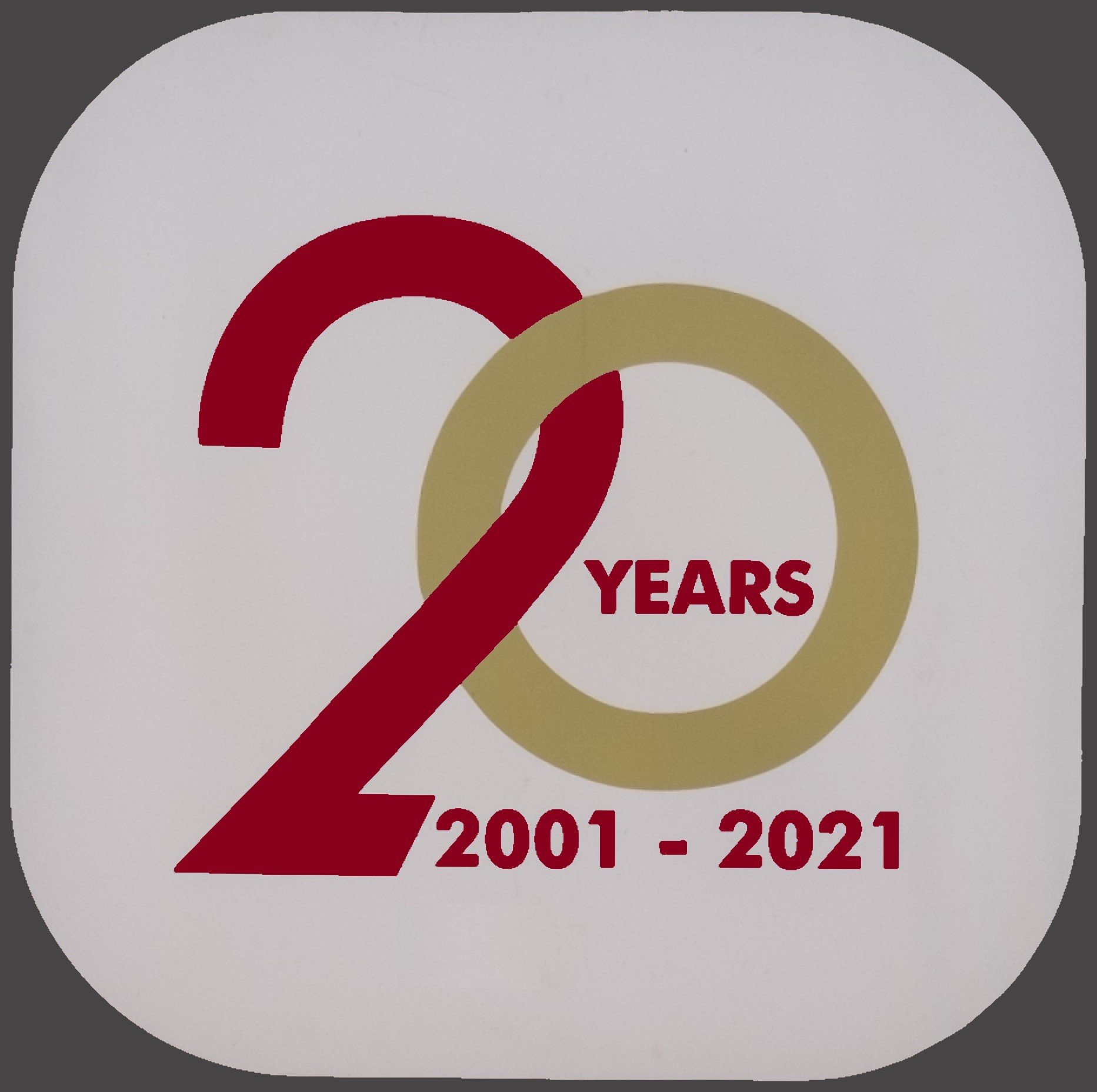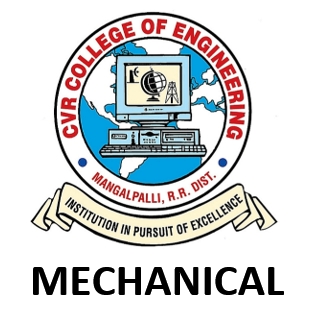Vision
-
To emerge as a centre to develop excellent Mechanical Engineering graduates.
Mission
- To produce best quality Mechanical Engineers through quality education.
- To have collaboration with top Institutions & Industries.
- To strengthen the research and consultancy activities in the department.
- To strengthen teaching – learning and motivate students for self initiative and achievements.
Program Educational Objectives (PEOs)
- PEO1. Employability and higher studies: To enhance the potential of the graduates for higher education and employability.
- PEO2. Professionalism: The graduates will be imbued with human ethics and professional competence to meet the needs of global industry.
- PEO3. Interdisciplinary Skills: To build interdisciplinary skills in the graduates to enable them to perform successfully in various domains.
- PEO4. Life Long Learning: To motivate graduates with a desire to keep abreast of emerging technologies.
Program Outcomes (POs)
Engineering Graduates will be able to:
- PO1. Engineering knowledge: Apply the knowledge of mathematics, science, engineering fundamentals, and of engineering specialization to the solution of complex engineering problems.
- PO2. Problem analysis: Identify, formulate and analyze complex engineering problems to reach substantiated conclusions using first principles of mathematics, natural sciences, and engineering sciences.
- PO3. Design/develop solutions: Design solutions for complex engineering problems and design system components or processes that meet the specified needs with appropriate consideration for public health and safety, cultural, societal, and environmental aspects.
- PO4. Conduct investigations of complex problems: Use research-based knowledge and research methods, including review of research literature, design of experiments, analysis and interpretation of data, and synthesis of the information to provide valid conclusions.
- PO5. Modern tool usage: Create, select, and apply appropriate techniques, resources, and modern engineering and IT tools, including prediction and modeling, to complex engineering activities with an understanding of the limitations.
- PO6. The engineer and society: Apply reasoning, informed by contextual knowledge, to assess societal, health, safety, legal and cultural issues and the consequent responsibilities relevant to professional engineering practice.
- PO7. Environment and sustainability: Understand the impact of the professional engineering solutions in societal and environmental contexts, and demonstrate the knowledge of, and need for sustainable development.
- PO8. Ethics: Apply ethical principles and commit to professional ethics and responsibilities and norms of the engineering practice.
- PO9. Individual and team work: Function effectively as an individual, and as a member or leader in diverse teams, and in multidisciplinary settings.
- PO10. Communication: Communicate effectively on complex engineering activities with the engineering community and with society at large, such as, being able to comprehend and write effective reports and make design documentation, make effective presentations, and give and receive clear instructions.
- PO11. Project management and finance: Demonstrate knowledge and understanding of the engineering and management principles and apply these to one’s own work, as a member and leader in a team, to manage projects in multidisciplinary environments.
- PO12. Life-long learning: Recognize the need for, and have the preparation and ability to engage in independent and life-long learning in the broadest context of technological change.
In addition, to the above PO’s, department preferred to establish this following program specific outcomes (PSO’s) to enlarge the scope of assessment.
Program Specific Outcomes (PSOs)
- PSO1. Confidently formulate and accomplish Industry oriented projects.
- PSO2. Become aware of entrepreneurial techniques and culture.
- PSO3. Become capable of handling various equipment and machinery including CNC production machines.
- PSO4. Able to address technically oriented issues and problems.


